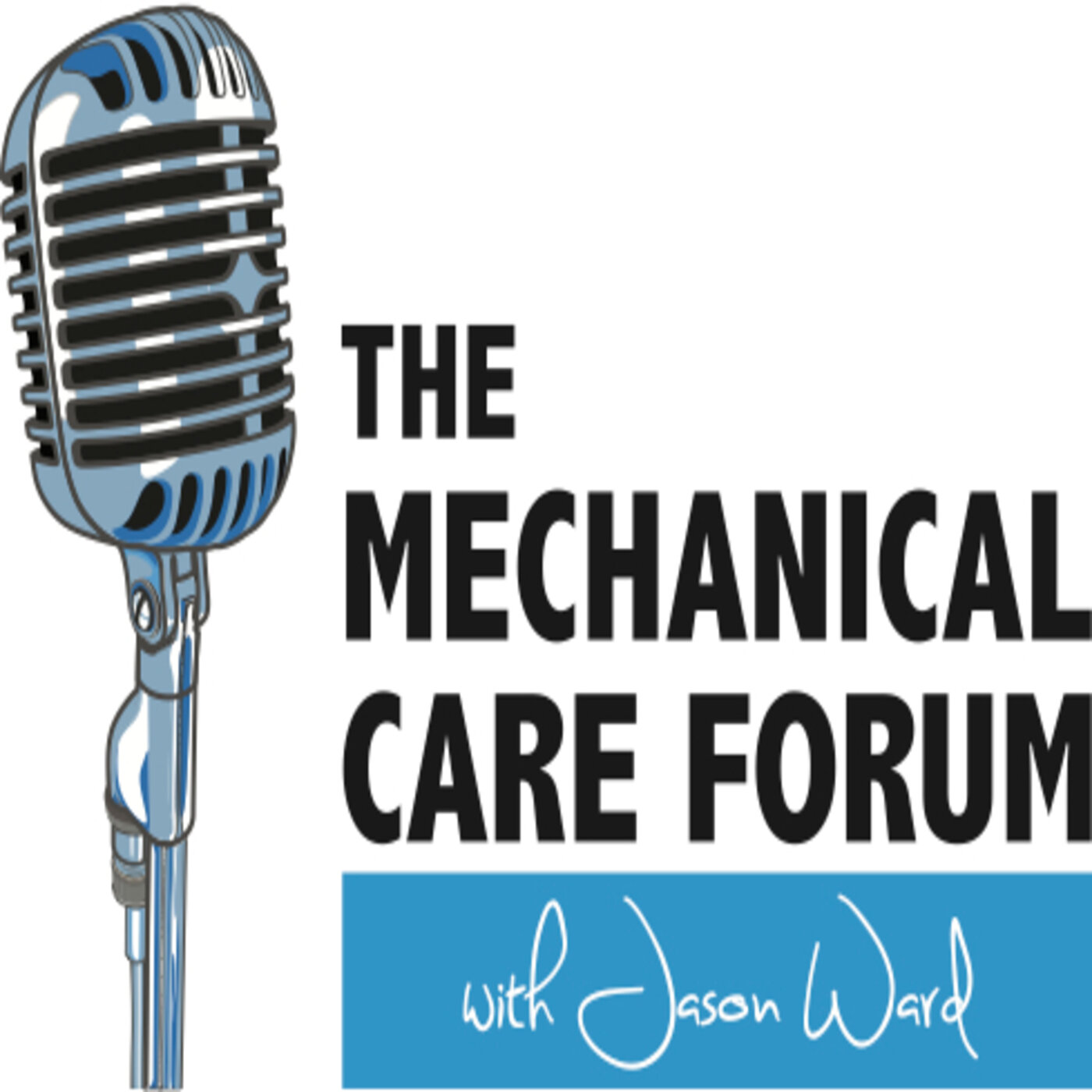Chad Cook PhD, PT, MBA, FAAOMPT
Dr. Chad Cook is Professor and Vice Chief of Research at Duke University in Durham, North Carolina. He received his Bachelors of Science in Physical Therapy at Maryville University in 1990, a Masters of Business Administration in 1999, and a Doctorate of Philosophy (PhD) at Texas Tech University in 2003. He was certified as an orthopedic manual therapist in 2001 and received fellowship status at the American Academy of Orthopedic Manual Therapy in 2006. Dr. Cook has published well over 180 peer reviewed papers and has two textbooks in their 2nd edition and one in its first edition. Dr Cook has published several book chapters in other textbooks and has presented internationally at over 175 presentations/ conferences. He is a Senior Associate Editor with the British Journal of Sports Medicine and is on the editorial staff of several other international journals. Dr. Cook has won numerous awards locally at Duke for teaching, is a recent winner of the OPTP/JMMT literature review award in 2003 and 2005, was the 2009 winner of the top educator award for the American Physical Therapy Association, the 2011, 2012, and 2013 excellence in research award at AAOMPT, is the 2008 recipient of the Helen Bradley career achievement award and is the 2005 winner of the J. Warren Perry Distinguished Authorship Award.
This episode brought to you by
The Journal of Manual and Manipulative Therapy – one of the only international peer-reviewed journals devoted to orthopedic physical therapy.
To begin your subscription email a.ellison@maneypublishing.com and provide the discount codeMCF15 to receive 10% off.
Show Notes
Strengths
The interaction with the patient is a dynamic process and if it’s patient centered. Closely listening and watching the patient will lead to better outcomes and is an appropriate way to intervene with the patient.
Memorable Patient Story
A 50 year old man diagnosed with ALS presented to Chad and after a short time Chad saw little improvement and was feeling that his efforts were of no value. He shared his concern with his patient and that patient’s response has changed his attitude with similar patients ever since.
Learning the readiness of the patient to participate in their recovery and to commit to the process is something he makes sure to establish with each patient.
Patient Analogy
Chad educates his patients with a diagnosis of osteoarthritis that there are two enemies of OA which are movement and strength. As one gets older they OA robs one of their available movement and then we need to strengthen that part so that they can use that new available motion.
Best Advice
Rich Hawkins, who is credited with the Hawkins shoulder impingement test, told Dr. Cook,
“Chad, you need broad shoulders to publish.”
He meant to expect to have failures with trying to write papers and anticipate criticism once he became a published author.
Resources
Pubmed is the primary resource over textbooks or blogs for Chad. He prefers to go to original works to gain information.
Impactful Studies
Physical examination tests of the shoulder: a systematic review with meta-analysis of individual tests. Hegedus Br J Sports Med.2008 Feb;42(2):80-92
The impact of glycemic control and diabetes mellitus on perioperative outcomes after total joint arthroplasty. Marchant et. al. J Bone Joint Surg Am. 2009 Jul;91(7):1621-9
Which prognostic factors for low back pain are generic predictors of outcome across a range of recovery domains? Phys Ther. 2013 Jan;93(1):32-40
Have a listen to Dr. Cook’s findings of the value of tests like the O’Briens test, Biceps Load 2 test and ideas related to conditional independence. Summarizing, he advises the importance is in choosing the right collection of tests.
Personal Habit contributing to Success
Chad sees himself as naturally inquisitive. This is the reason he began studying pain science, simply because he didn’t understand it.
Parting Piece of Advice
He’d encourage two things. Find a mentor to bounce ideas off. Secondly, he encourages us to have humility. don’t get caught up with a guru and the ground-breaking discovery of a “fix-all” but young clinicians should exhibit humility and always be willing to learn more.
To follow Chad on twitter @chadcookpt
You can also email Dr. Cook chadedwardcook@gmail.com
To contribute:
Give a 5-star review on iTunes;
Share EP #63 with a friend; and/or
Connect with us on the Spotify MCF Podcast and MCF Instagram page!
Thanks for your support!


